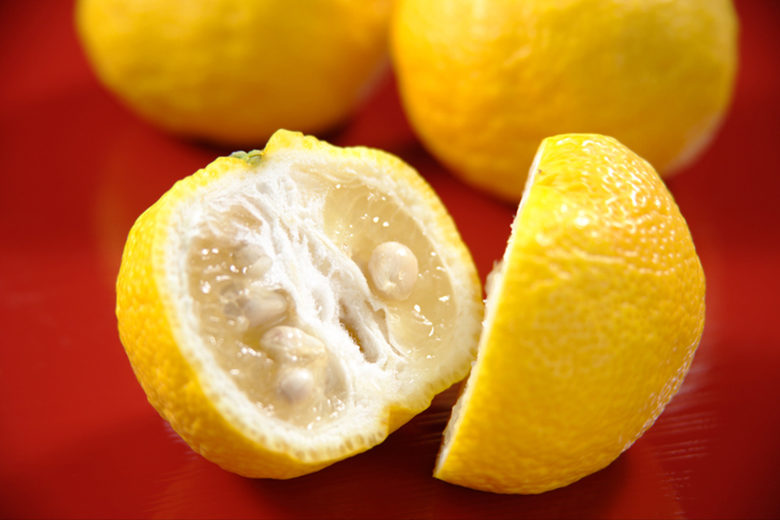
As someone with a love for chemistry and biochemistry, I'm always intrigued when I peruse phytonutrient and phytochemical research data. These plant-based compounds (the Greek word "phyto" means "plant") have certain biological actions that sustain human health and can make positive impacts on health, wellness and disease prevention.
Phytonutrients often are the substances responsible for the aromas, flavors and vibrant colors in fruits and vegetables. In addition, they also can be found in whole grains, legumes, beans, herbs, spices, nuts, seeds, soy, tea, coffee, cocoa, beer and wine.
One of the most varied and studied group of phytochemicals is the flavonoid group, which includes anthocyanin (which is found in red-purple foods including eggplant, red cabbage and radish), anthoxanthin (found in cream-white foods such as cauliflower, onions, turnips) and betalain (found in purple-red and yellow foods such as beets).
These flavonoids (there are more than 6,000 recognized compounds) have antioxidant and anti-inflammatory properties. Flavonoids are involved in blocking pro-inflammatory compounds, and protect LDL cholesterol molecules from oxygen-related damage which in turn leads to a risk reduction in atherosclerosis.
Introducing Yuzu
Citrus fruits are often touted for having an abundance of vitamin C, which is a water-soluble vitamin. It is interesting to note that many foods contain both flavonoids and vitamin C — and recent research has uncovered that flavonoids are capable of assisting in the transport of vitamin C in the body. You likely already are familiar with citrus varieties from the common (orange, lemon, lime and grapefruit) to the slightly more exotic (kumquat and pummelo). Now, there's a new citrus fruit to consider: yuzu! ![]()
Believed to be a hybrid of the Ichang papeda and the sour mandarin, yuzu is mainly cultivated in Japan, China and Korea. In addition to vitamin C and various beneficial flavonoids, yuzu also contains carotenoids, limonoids, essential fatty acids, soluble and insoluble fibers, minerals and B complex vitamins.
Yuzu has a unique flavor and distinct aroma that is less tart than other citrus fruits. It can be used in seasoning, vinegars, beverages, cocktails and marmalades. Yuzu is available in paste, dried and powdered peel forms, as well as juice and juice concentrates.


